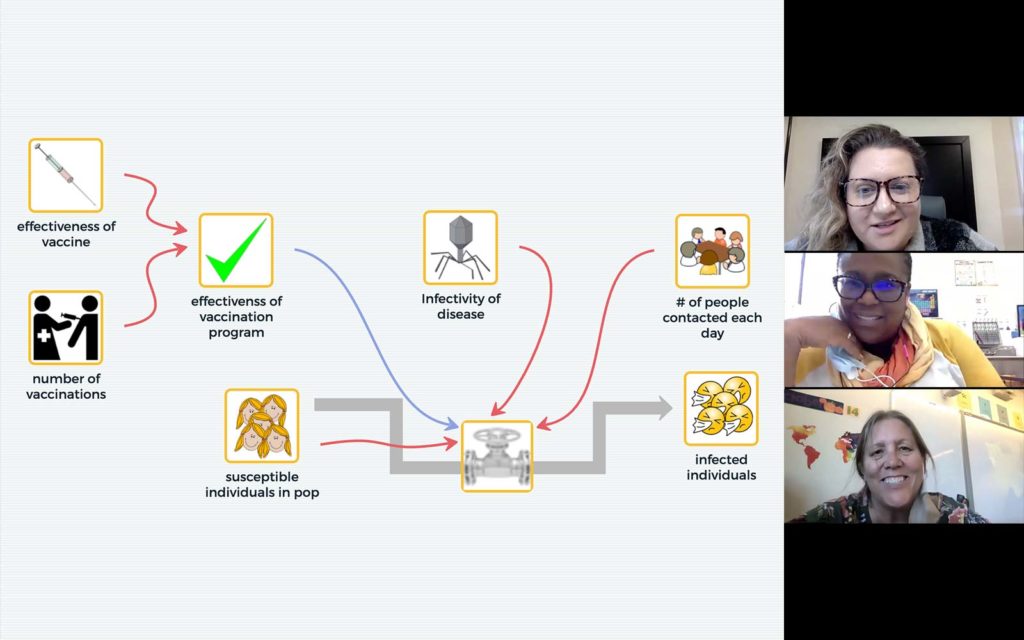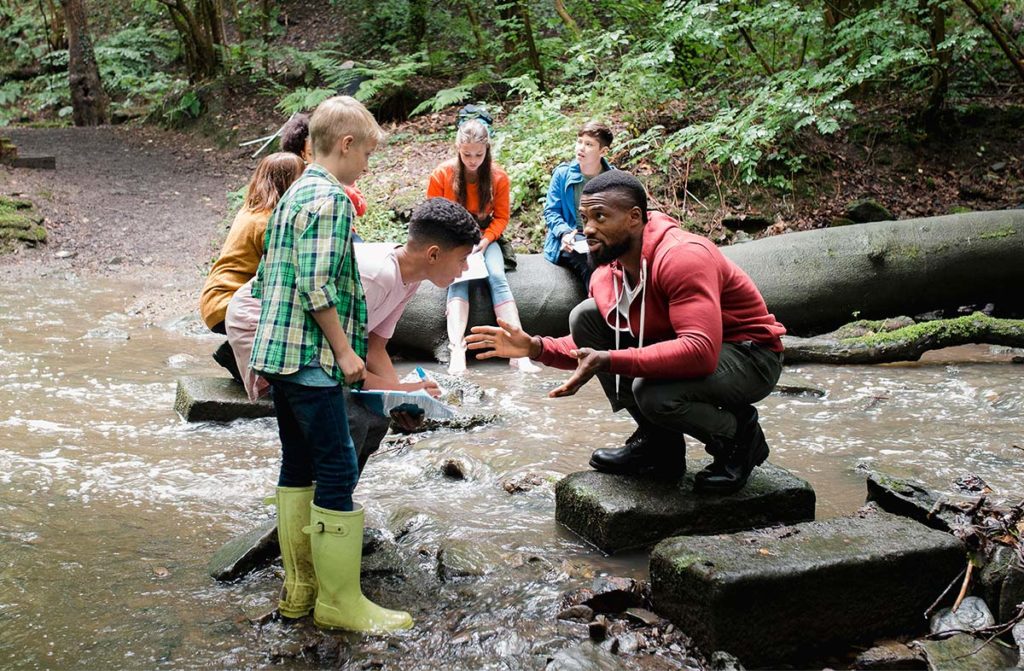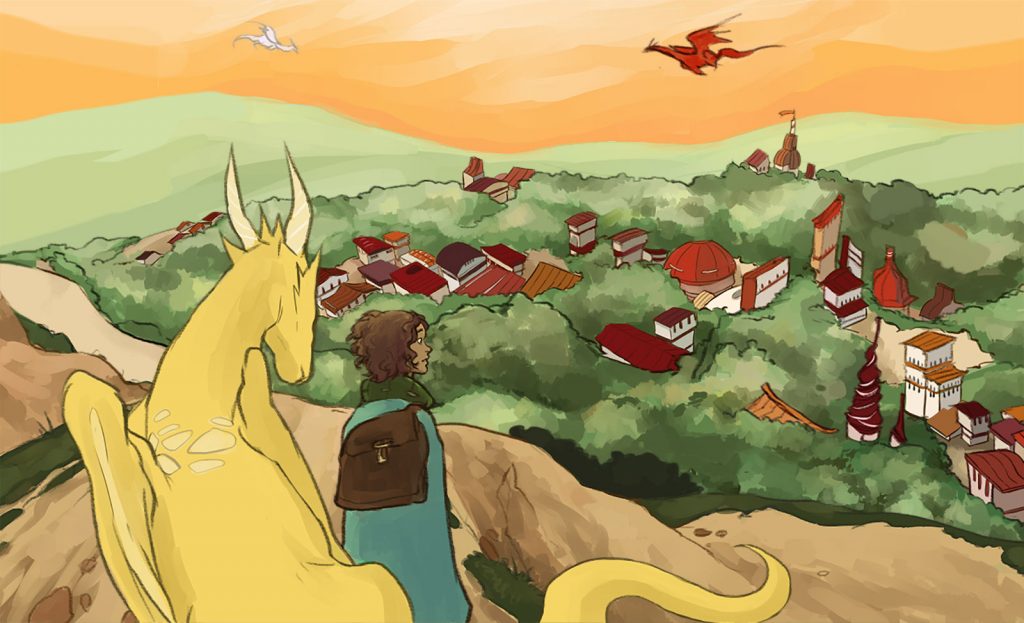Category: Focus Area: STEM Models & Simulations
In collaboration with Rutgers University, UNC Greensboro, and middle school students and teachers in New Brunswick, New Jersey, we are investigating the development and implementation of life science materials that support local, consequential learning.
The Concord Consortium and Michigan State University are collaborating to offer remote professional learning to high school teachers to engage their students in three-dimensional learning using SageModeler for system modeling and computational thinking.
TecRocks allows students to investigate the evolution of rock sequences created under different tectonic conditions.
The Watershed Awareness using Technology and Environmental Research for Sustainability project project teaches a systems approach to problem solving through hands-on, inquiry-based learning activities based on real national and local data to explore local watershed issues.
The Concord Consortium and Michigan State University are collaborating to research technological, curricular, and pedagogical scaffolds needed to support students and teachers in developing computational thinking in the context of system modeling.
Engaging students in the study of geohazards through integrating computational thinking with science practices. Students will be able to transform real-world GPS data into visualizations and formulate scientific arguments about predicting impacts and assessing risks.
Exploring natural hazards and extreme events, the predictability and physical impact of these events, and the risk to human lives.
Using computer-based, manipulable models of interacting organisms and their environments, fourth grade students learn Darwin’s model of natural selection as the process primarily responsible for evolution.
Geniverse brings genetics to life with game-like challenges and an engaging narrative. Students use a virtual model species (drakes) to explore the fundamental mechanisms of heredity and genetic diseases and then get a taste of careers in genetics.
Graph literacy is the ability to identify important features of graphs and relate those features to the context of the graphs. Graph literacy is emphasized in both the Common Core State Standards for Mathematics and the Next Generation Science Standards.









